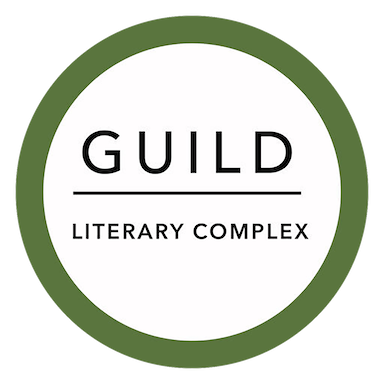May 4
5 p.m. Reception and Special Exhibit Viewing
6-7:15 p.m. Ceremony
Ruggles Hall at Newberry Library, 90 W. Walton Street, Chicago, IL 60610
This event is free and open to the public
“How can you write if you can’t cry?”
Ring Lardner (March 6, 1885-Sept. 25, 1933) will be inducted into the Chicago Literary Hall of Fame on May 4, 2017 at Newberry Library’s Ruggles Hall. Ron Rapoport, veteran sports journalist and editor of a the newly-released The Lost Journalism of Ring Lardner, will give the keynote address, and James Lardner (The Nation) will accept the statue on his grandfather’s behalf. Brian Bernardoni, Don De Grazia, James Finn Garner, Christina Kahrl and Fred Mitchell will also speak. Guests are encouraged to arrive an hour before the program start for refreshments and a chance to view the Lardner exhibit (including highlights from the Ring Lardner Papers).
Sponsors for the event include the Chicago Literary Hall of Fame, The Guild Literary Complex, Newberry Library, Chicago Writers Association, Society for American Baseball Research—Emil Rothe Chicago Chapter, Chicago Baseball Museum and Bardball.
Ring Lardner thought of himself primarily as a sports writer, though many of his generation’s best writers considered him one of the finest short story writers. Ernest Hemingway, writing for his Oak Park high school newspaper, even used the pen name “Ring Lardner, Jr.” in several parodies of Lardner’s style, which employed the slang of common characters. Lardner went to Chicago’s Armour Institute to study engineering, but failed every class except rhetoric. Lardner returned to Chicago in 1907 to work as a columnist on several newspapers, and started to earn a reputation as one of the smartest, funniest and most insightful baseball writers of his day. He returned to the Chicago Tribune in 1913 to write the syndicated “In the Wake of the News,” which was carried by more than 100 newspapers and expanded his repertoire beyond sports. He wrote the column seven days a week until 1919, a total of 1,600 columns. During this time, Lardner began selling baseball stories to the Saturday Evening Post, and those stories were eventually collected into his first major work, an epistolary novel called You Know Me, Al, which centered around the travails of minor league pitcher Jack Keefe.
Though Lardner is known for his baseball stories, only about a third of his 130 short stories were written on the subject. He also explored subjects such as marriage and the theater, and wrote a series of plays, the most successful being June Moon, for which he also wrote songs. His comic sketches appeared in Ziegfeld Follies, including one in which Will Rogers played a veteran pitcher. His best known collections include Treat ‘Em Rough, The Big Town, How to Write Short Stories, Haircut and Roundup. His biographer, Donald Elder, called Lardner the “most ferocious satirist since Swift.” In 1990, his name was engraved on the frieze of the Illinois State Library alongside other great Illinois literary figures.
